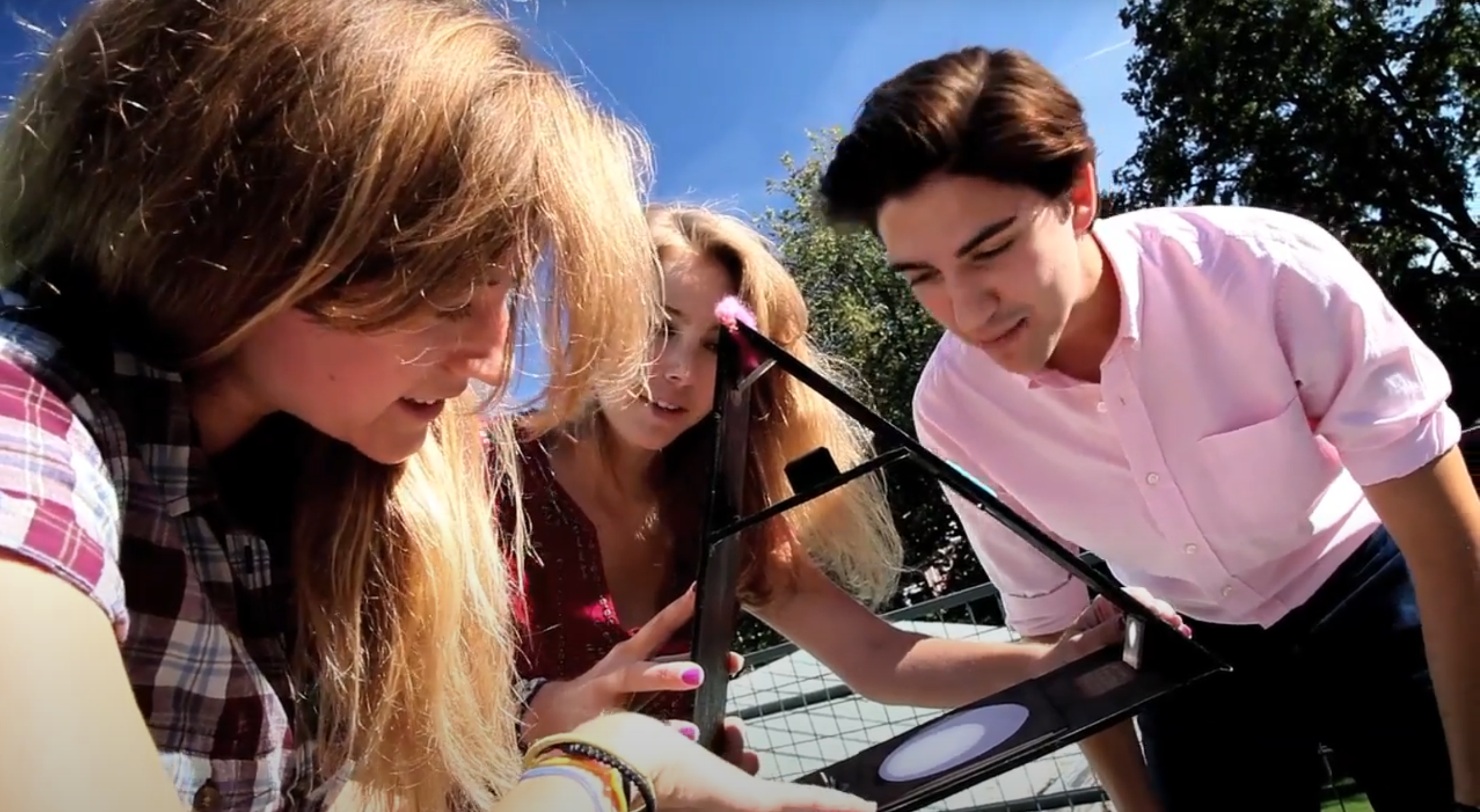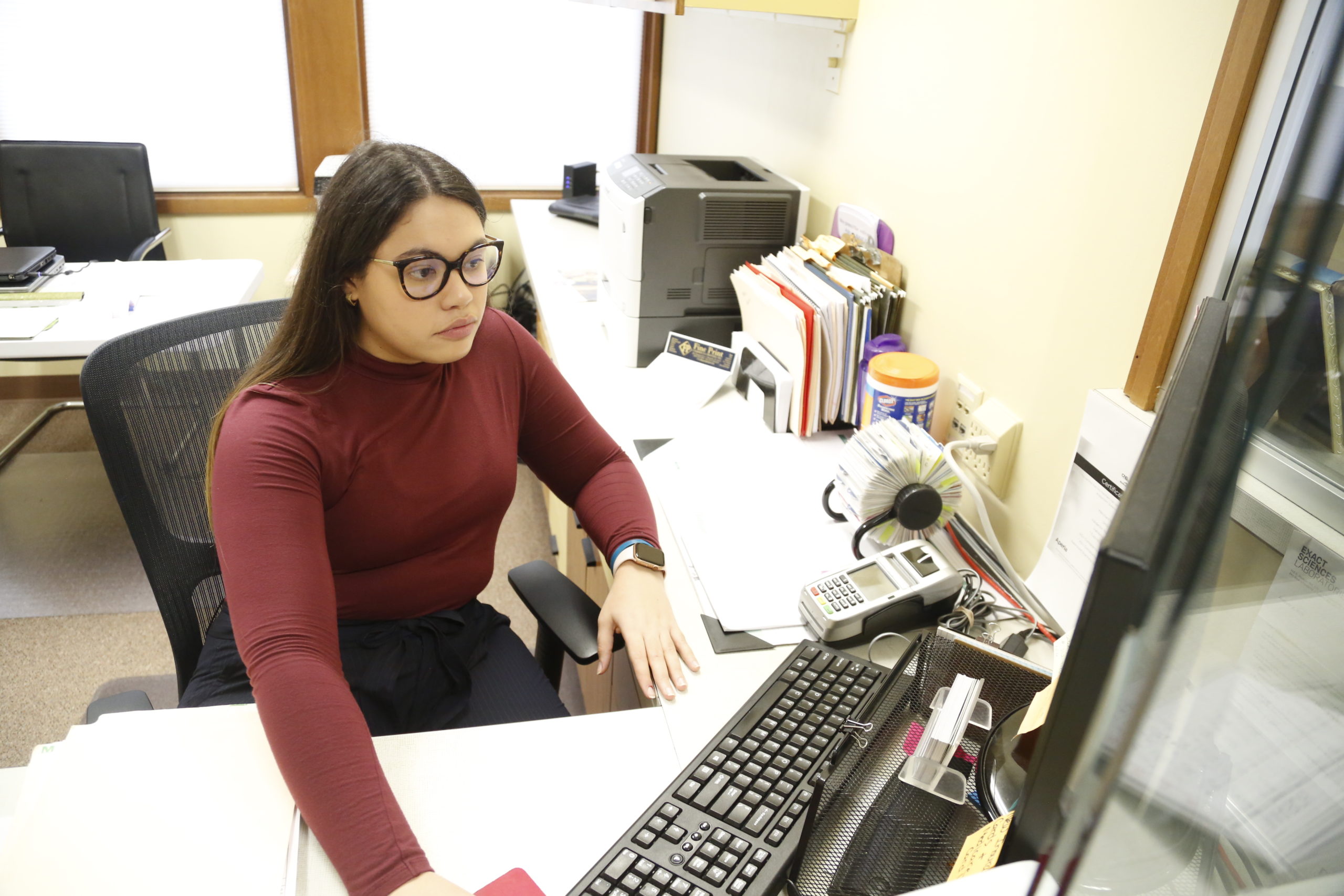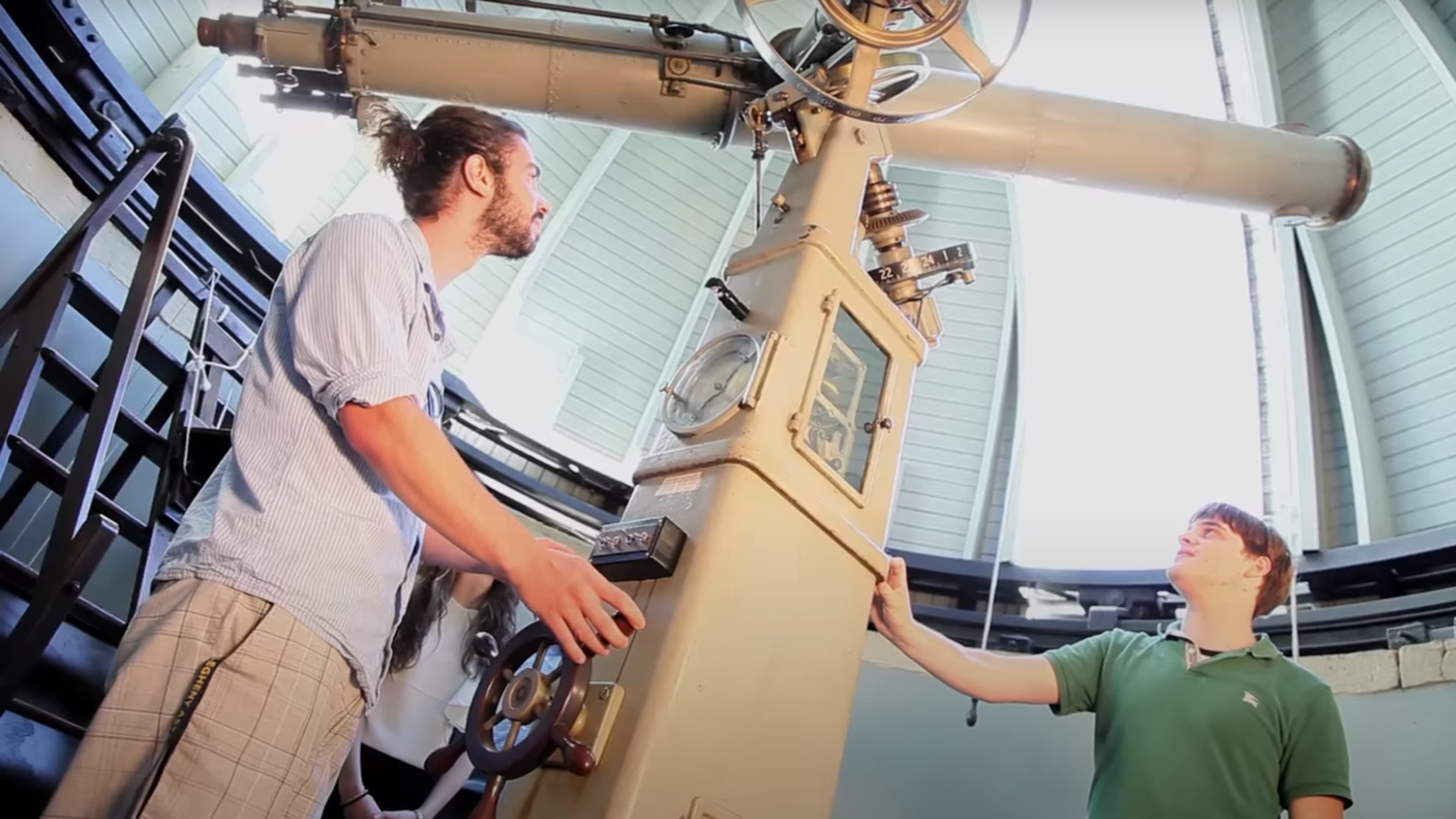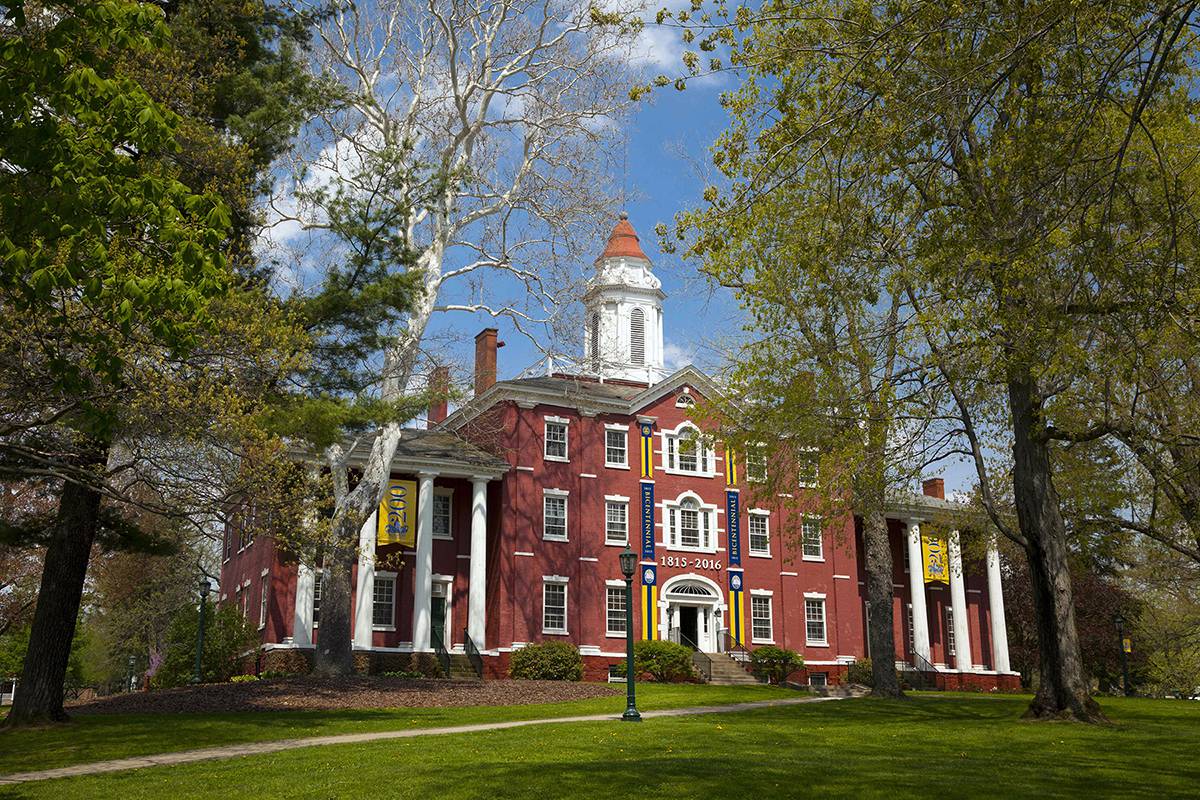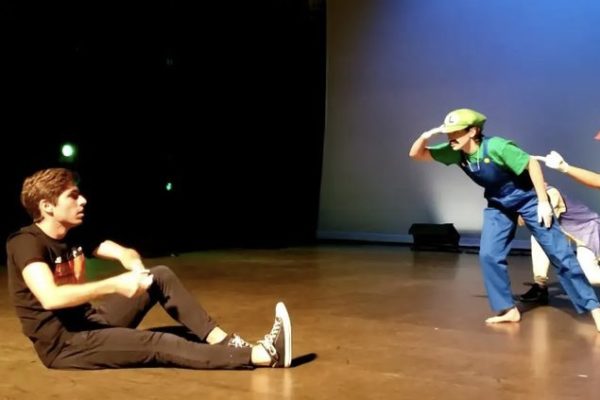Visual and Performing Arts
Dance and Movement Studies Minor
Dance and Movement Studies provides an experiential program that explores the relationship of movement to self, culture, and environment. Dance and Movement Studies courses are available to all students.
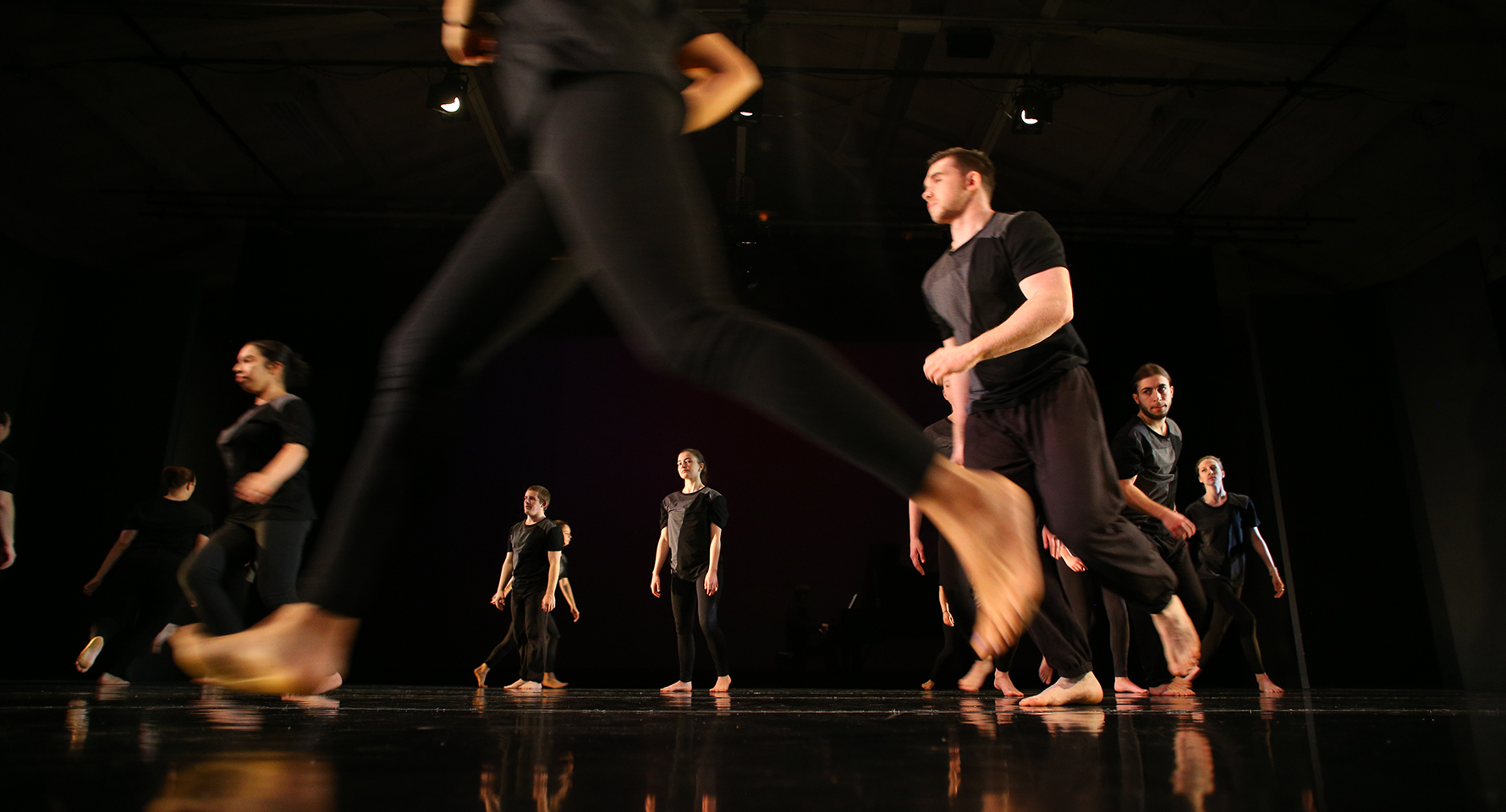
Your Four-Year Journey
Students often combine a minor in Dance and Movement Studies with a major in Biology, Economics, and Psychology.
Understanding
In your first year, we encourage you to take Principles of Movement and two practice classes. Practice classes include Modern, Tap, Jazz, Ballet, Ballroom, Tang Soo Do, Yoga, and Meditation.
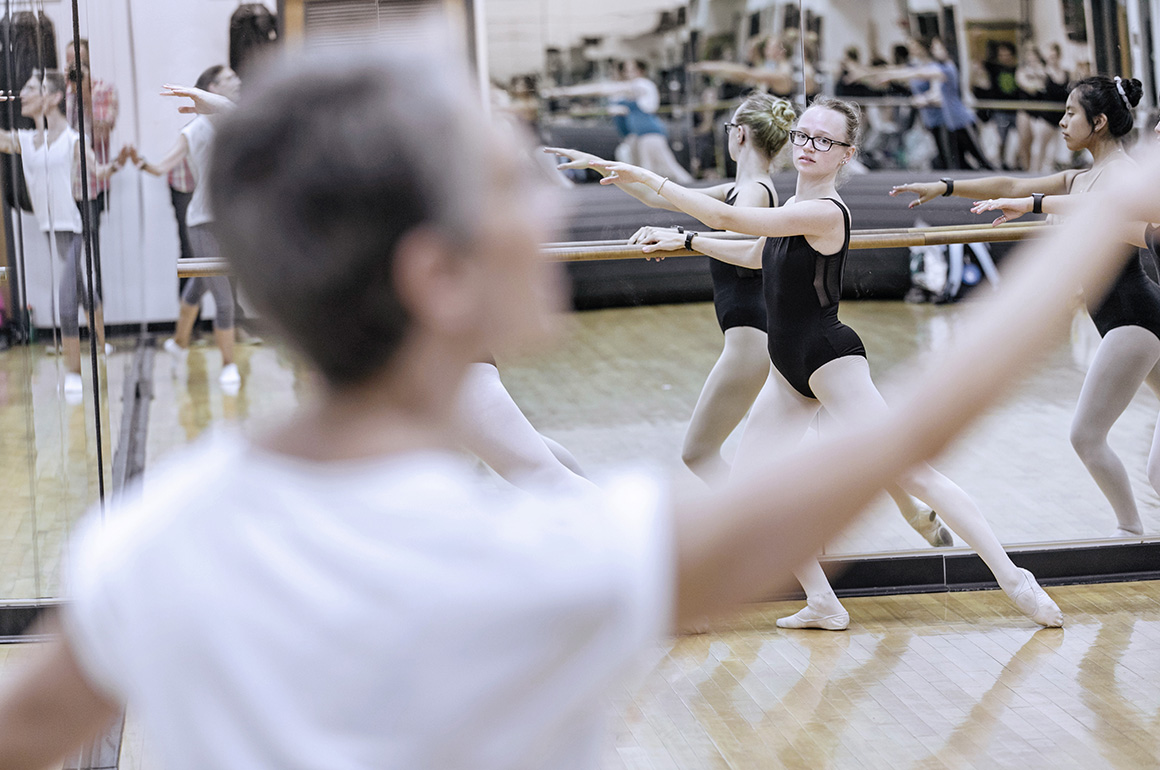
New Approaches
This is the year that you find your groove. Classes you should take this year are FSDMS — Dance: Ritual of Experience, Creative Process 370, and practice classes of course.
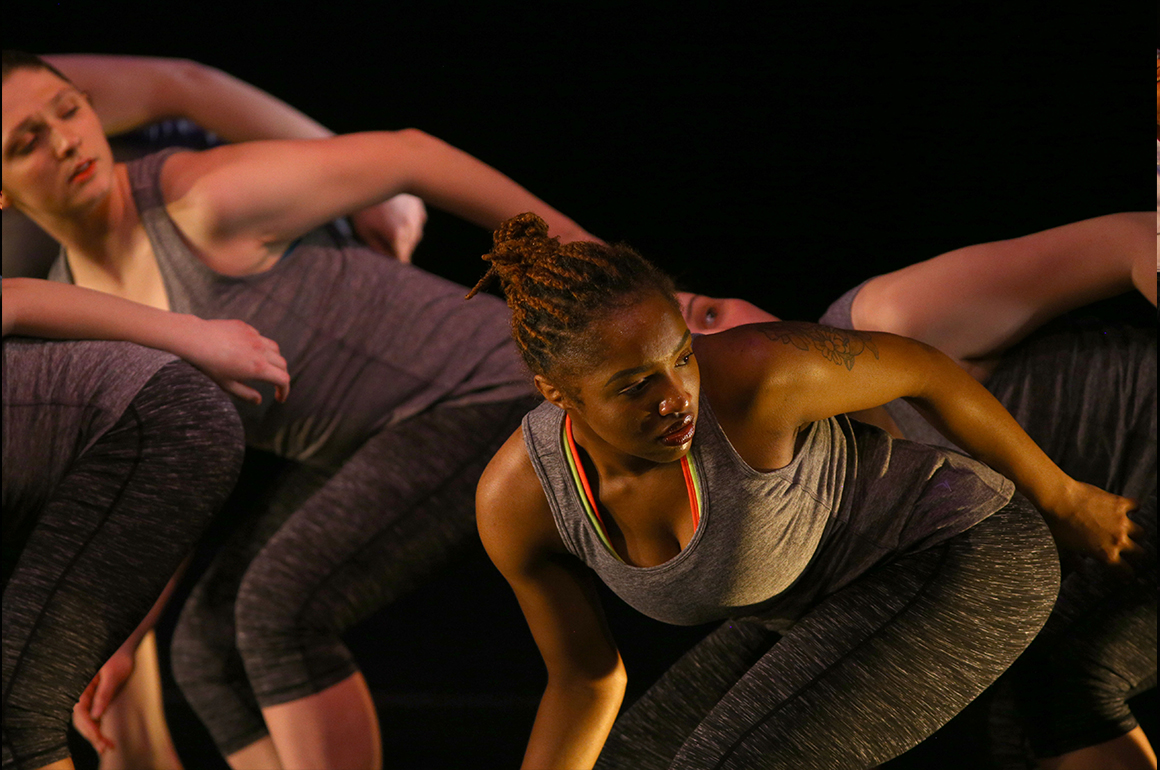
Delving Deeper
With two years under your belt, it makes sense to take Creative Process 371, one of the Dance & Movement Studies electives, and practice classes in your third year. Elective classes include History of Contemporary Dance, Movement and Meaning, and Neuroscience of Dance and Movement.
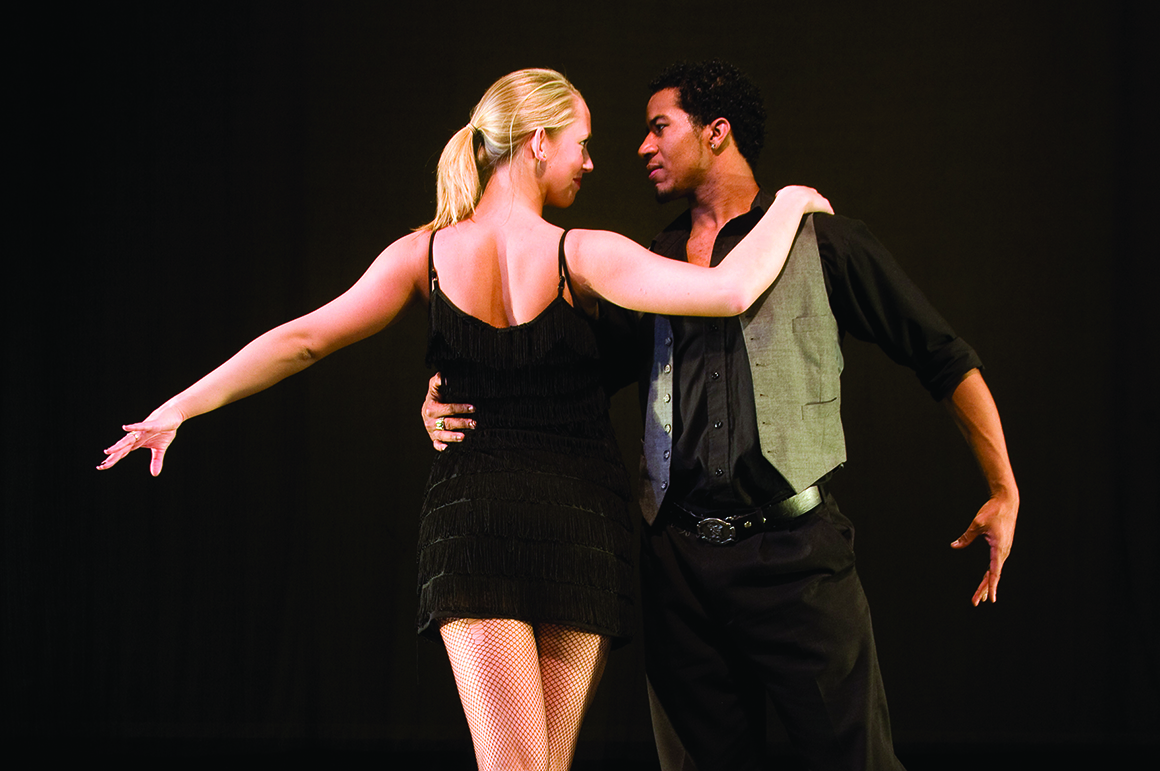
The Comp
By the time year four rolls around, you’re almost finished! We encourage you to participate in the Dance Minors Concert and take two practice classes to finish the minor off.
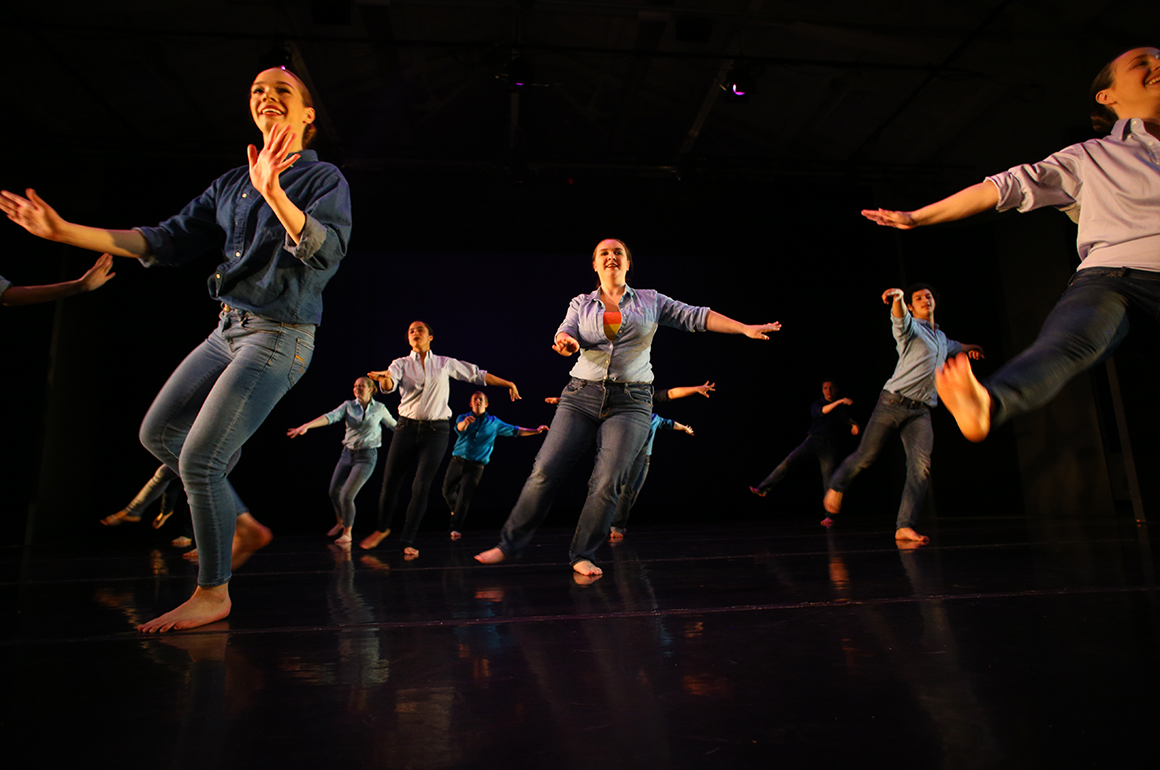
Career Outcomes
93
of Allegheny graduates are employed, in grad school, or in full-time service within six months.
80+
Acceptance rate to graduate and professional school for Allegheny students
Alumni Careers — A Sampling
Class of 2018
“ A friend had to drag me to my first dance social, but she eventually helped me to choose my first class, too. Then I chose the path of an apprentice and became a teaching assistant from there. This turned into exploring the world of modern/contemporary dancing and tap, which turned into choreographing my own piece for Orchesis, and then, finally, choosing my career as a professional dancer and dance instructor. Education tends to give students an ultimatum: You either do this or you won’t succeed. In dance, there’s always another option that empowers the student to keep exploring. ”





